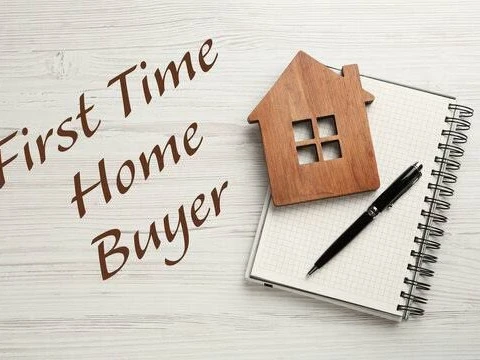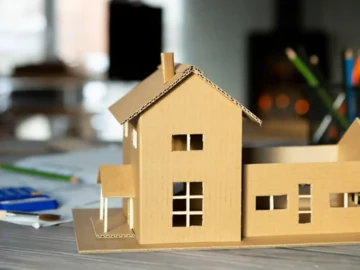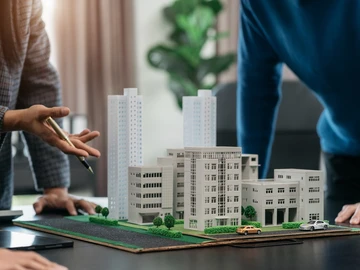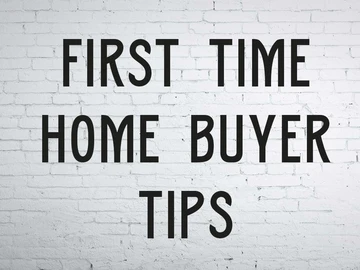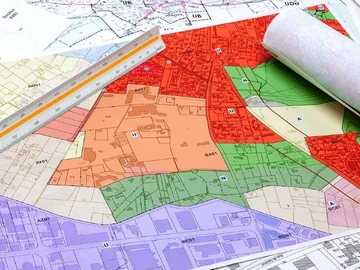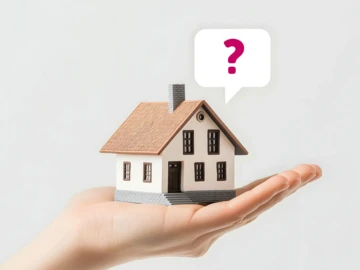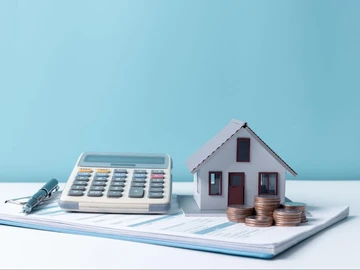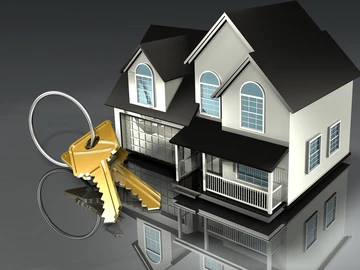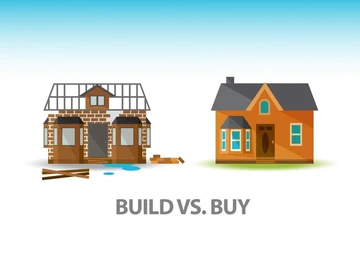Buying your dream home in Zimbabwe whether in Harare, Bulawayo, or Gweru can feel exciting but also overwhelming. With changing interest rates, limited mortgage options, and varying market conditions across suburbs, first-time house hunters need to plan carefully to avoid costly mistakes.
Here are six practical, Zimbabwe-tailored tips to guide you on your house-hunting journey:
1. Be Realistic and Willing to Compromise
In Zimbabwe’s property market where high-demand areas like Borrowdale, Avondale, and Mount Pleasant attract premium prices—expect that no house will tick every single box. Prioritise your essentials, such as:
- Reliable water supply (borehole or municipal)
- Solar power or backup energy systems
- Security (Durawall, alarm system)
You may need to compromise on finishes or garden size to stay within your budget. Focus on the things you can improve over time.
2. View Multiple Properties Before Deciding
Many buyers fall in love with the first property they view but that can lead to regret. Explore several homes, including those slightly outside your preferred zone (like Tynwald instead of Westgate, or Greendale instead of Highlands). The market offers hidden gems that photos online might not reveal.
Viewing multiple properties helps you:
- Understand fair market pricing
- Compare value for money
- Reduce emotional decision-making
3. Work with a Professional Real Estate Agent
While property portals like property.co.zw are great for browsing, engaging a registered estate agent in Zimbabwe brings invaluable local knowledge:
- Access to off-market or soon-to-list properties
- Accurate guidance on title deeds and property rights
- Skilled negotiation on price and payment terms (especially for USD cash deals)
An agent also safeguards you from scams an increasing risk in Zimbabwe’s property market.
4. Get Your Finances and Budget in Order
In Zimbabwe, buying property often requires a significant upfront payment especially for USD sales. Before house hunting:
- Sort out debts and credit card balances
- Check your eligibility for a local mortgage (most require 20–30% deposit)
- Budget for hidden costs: conveyancing fees, ZIMRA Capital Gains Tax (for sellers but affects negotiations), deed transfer fees (about 4–5% of purchase price), and maintenance
Knowing your true affordability prevents stress or deal collapses later.
5. Get Pre-Approval for a Mortgage (If Financing Locally)
If you’re financing through a Zimbabwean bank or building society, secure a pre-approval letter first. This:
- Clarifies your borrowing limit
- Strengthens your offer during negotiations
- Prevents wasting time viewing homes outside your price range
Note: Some property sellers prefer USD cash offers due to currency risks be prepared for this when house hunting.
6. Understand Transfer and Closing Costs
First-time buyers in Zimbabwe often forget costs beyond the sale price, including:
- Legal fees (US$800–US$1,500)
- Transfer duties
- Rates clearance fees
- Possible renovation or repair expenses (many homes need immediate touch-ups)
Factor these into your total budget to avoid nasty surprises before you get the keys.
Why Homeownership in Zimbabwe Still Makes Sense
Despite challenges, owning property here brings long-term benefits:
- Building equity: Your home becomes a financial asset, not dead rent money.
- Stability: No risk of eviction or rent hikes.
- Control: You can improve, extend, or rent out the property.
Areas like Greystone Park, Highlands, and Arlington Estate have seen steady property value appreciation, making ownership a worthwhile investment.
Final Thoughts
The Zimbabwe property market requires patience, research, and expert help. Avoid common pitfalls by:
✅ Staying realistic
✅ Working with trusted agents
✅ Budgeting beyond the asking price
✅ Keeping future value in mind
Start your journey on property.co.zw, Zimbabwe’s No.1 property marketplace with 8,000+ listings and 200+ agents ready to help you make the right move.
 Continue with Facebook
Continue with Facebook
 Continue with Email
Continue with Email

